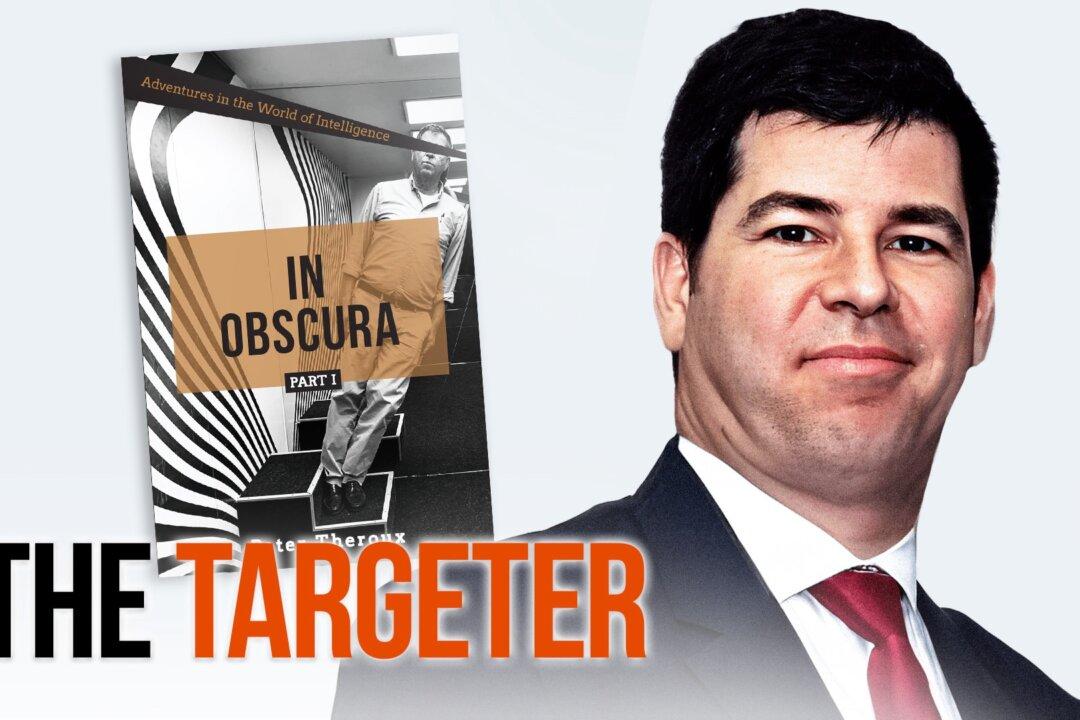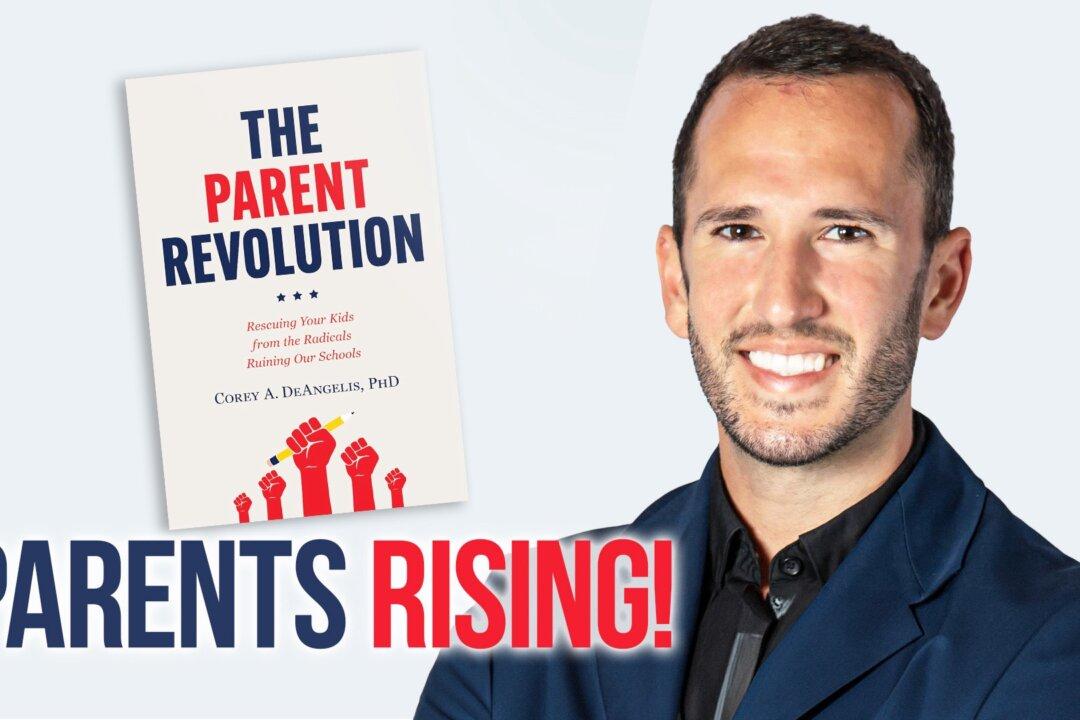Commentary
President Donald Trump has demanded a lot from his supporters for the past five years, but he went down to Valdosta for probably the biggest ask of his brief political career—he wants his base to carry a couple of Senate incumbents through Georgia’s Jan. 5 run-off election. The outcome will determine whether Republicans hold on to the Senate. Depending on who you’re talking to, that represents either the last line of defense against a progressive offensive, or a Maginot Line incapable of stopping a blitzkrieg directed by a surging oligarchy.





